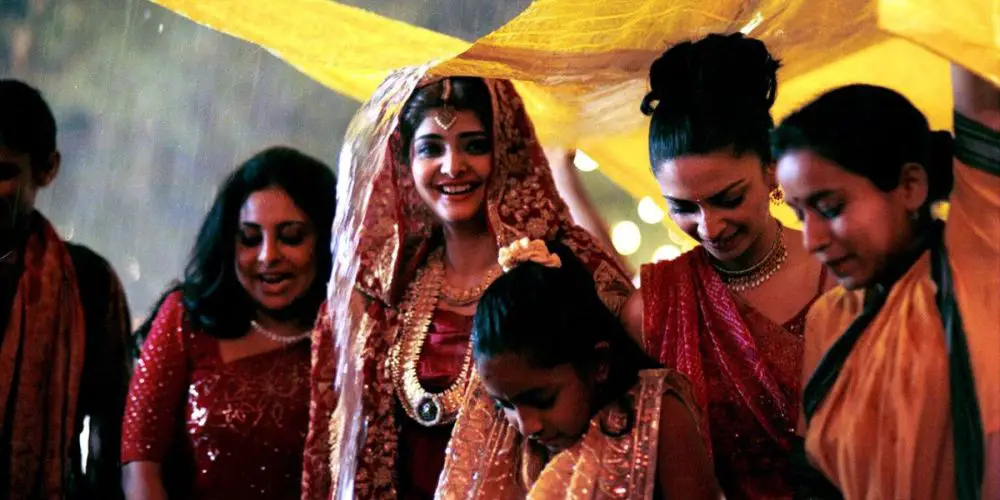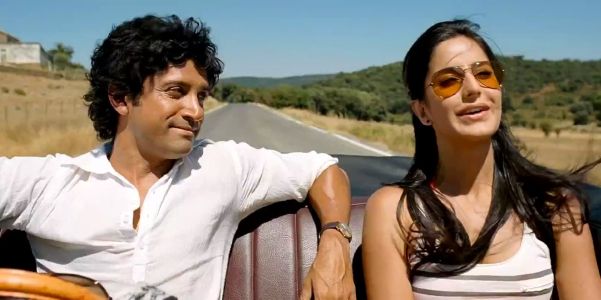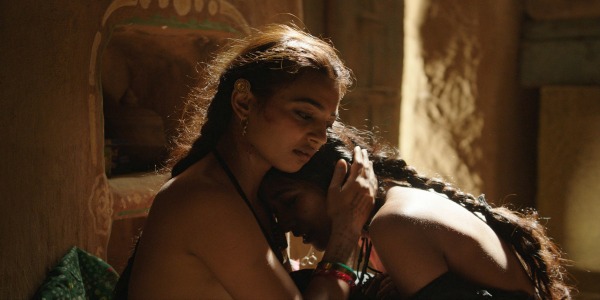Is 2016 The Year Of The Female Directors In Bollywood?

Suchin is a freelance writer and Indian cinema junky. He…
You would be hard-pressed not to find a panel discussion on the topic of ‘Women In Film’ at most leading global film festivals at present, given it’s an issue that has come into increasing focus in recent years. In the Hindi film industry particularly, matters of the portrayal of women and the disparate treatment of actresses have similarly become popular talking points.
In its on-screen portrayal of women, Hindi cinema’s approach has historically been quite dire, with women traditionally being depicted as subservient and submissive, with their entire role predominantly being about the male lead.
However, the last few years have witnessed an undeniably positive shift in Bollywood, towards more progressive female characters with noticeably more attention being paid to the responsible depiction of women. This has lead to labels such as ‘women-centric cinema’ becoming a commonplace term, referring to films with a female protagonist; prominent examples include Kahaani (2012), English Vinglish (2013), Queen (2014) and Piku (2015).
Although the responsible representation of women on-screen is still far from where it needs to be, there is no doubt a gradual and welcome change taking place. But what of women behind the camera?
Current State Of Affairs For Women Directors In The Hindi Film Industry
Hindi cinema has a rich history of respected and celebrated female filmmakers, who have pushed the envelope and given us meaningful cinema across the genre spectrum. However, the disheartening reality is that these women filmmakers are unsurprisingly far and few, such that you could count almost them on your fingers. One report on the Indian film industry, conducted by the Oak Foundation, actually found that only one in ten film directors (9.1%) are women.
Directors like Kiran Rao (Dhobi Ghat), Farah Khan (Happy New Year), Zoya Akhtar (Zindagi Na Milegi Dobara), Meghna Gulzar (Talvar) and Anusha Rizvi (Peepli Live) to name a few, have impressively made their mark in the industry, whether that be critically or commercially. Not to mention the globally renowned Mira Nair, of Monsoon Wedding and Salaam Bombay fame, who has one of the most diverse bodies of work, most recently of which was Queen Of Katwe, a true story about a chess prodigy from the slums of Uganda, starring Lupita Nyong’o and David Oyelowo.

And yet in 2016 we seem to be witnessing an increase in the number of female directors in Bollywood. There are close to 100 Hindi films due to be released this year, of which 12 are helmed by female directors and of these, six are first-time directors. As sad and alarmingly low as that figure is, it is still an increase from 2015, which saw only nine films made by women.
And yet more than the number itself, what’s encouraging about this year is the spread and nature of these films. Female directors are typically entrusted with relatively smaller films with lower budgets and less riding on them, which often don’t get the attention of an audience. Exceptions are the works of Farah Khan, whose brand of cinema involves flashy, large, star-driven commercial entertainers aimed at all-humour-no-logic, and Zoya Akhtar‘s – she seems to have mastered middle-of-the-road cinema, adored by audiences and critics alike.
This year, however, female filmmakers are behind a number of relatively more high profile projects, with mainstream releases such as Nitya Mehra’s Baar Baar Dekho starring Siddharth Malhotra and Katrina Kaif, a love story which explores the concept of time, along the lines of films such as About Time or Groundhog Day. Similarly, Gauri Shinde’s Dear Zindagi, starring Alia Bhatt and Shah Rukh Khan, which is touted as an offbeat love story, and is due to be released later this year.

Equally in the festival circuit this year, female filmmakers are generating a great deal of attention with the likes of Leena Yadav’s Parched, about the harsh lives of women in rural India, at the hands of rampant misogyny. More recently, Konkona Sen Sharma’s A Death In The Gunj which deconstructs traditional notions of masculinity, and has been well received.
Hopes For A More Equal Future
It goes without saying the industry needs to do far more to promote gender equality in the film industry by encouraging female directors. Whilst some admirable steps are being taken such as this year’s Jio MAMI Mumbai Film Festival including five films made by women in its International Competition, as well as introducing a new award for Best Indian Female Filmmaker. Although these are certainly steps in the right direction, similar strides need to be taken on the mainstream stage.
The hope is that one day we get to a stage where we don’t overtly specify a given filmmaker’s gender just to denote they’re in the minority. Although that reality seems far-fetched, to say the least, this year signifies there are signs of hope on the horizon.
What more do you think could be done to encourage gender equality in filmmaking, in the Hindi film industry and elsewhere? Please share your thoughts in the comments!
Does content like this matter to you?
Become a Member and support film journalism. Unlock access to all of Film Inquiry`s great articles. Join a community of like-minded readers who are passionate about cinema - get access to our private members Network, give back to independent filmmakers, and more.
Suchin is a freelance writer and Indian cinema junky. He sincerely believes that in their own way, movies can change the world. He writes about Hindi cinema at magicofbollywood.com .













